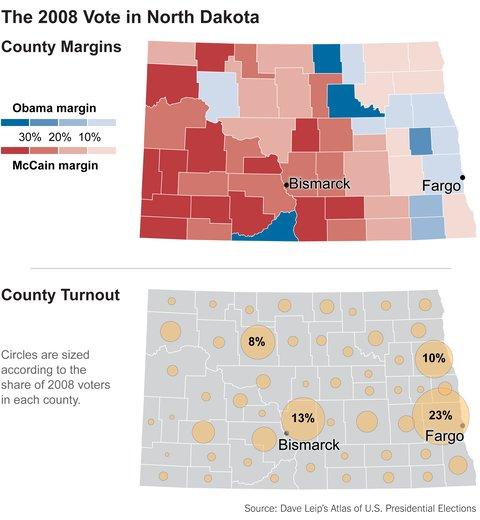In the hallowed halls of Ohio’s judicial system, a seismic shift has just rattled the educational landscape. A recent court ruling has cast a long shadow over the state’s cherished private school voucher programme, declaring it unconstitutional and setting the stage for a high-stakes legal showdown. As policymakers and education advocates hold their collective breath, Ohio stands poised to mount a swift and determined appeal, challenging a decision that could fundamentally reshape school choice in the Buckeye State. In a landmark legal ruling that has sent ripples through Ohio’s education landscape, a state court has struck down the private school voucher program, challenging the state’s long-standing approach to educational funding and school choice.The controversial decision stems from a critical examination of the current voucher system, which allows students from low-performing public schools to receive state-funded tuition to attend private institutions. The court’s ruling suggests that the mechanism violates constitutional principles of public education funding and equitable resource allocation.
State officials immediately signaled their intent to challenge the decision, with the Attorney General’s office preparing a robust appeal strategy. The legal team argues that the voucher program provides critical educational opportunities for students trapped in underperforming school districts, particularly in economically disadvantaged communities.
Proponents of the voucher system have long maintained that it offers a lifeline for students seeking alternatives to struggling public schools. They emphasize that the program enables families with limited financial resources to access educational environments they believe will better serve their children’s academic needs.
However, critics have consistently argued that the voucher program diverts essential funding from public school systems, ultimately undermining the quality of education for students who remain in traditional public schools. The court’s decision appears to validate some of these long-standing concerns about the program’s constitutional legitimacy.
The ruling could potentially impact thousands of students currently receiving vouchers, creating uncertainty about their educational trajectories. School administrators and families are now waiting anxiously to understand the potential implications of the court’s decision.
Legal experts suggest that the appeal process could be complex and potentially reach the state’s Supreme Court. The case highlights broader national debates about school choice, educational equity, and the appropriate use of public funds in supporting option education models.Education advocates on both sides of the issue are closely monitoring the developments.Those supporting traditional public schools view the ruling as a significant victory, while school choice proponents see it as a potentially devastating blow to educational options for disadvantaged students.
The state’s education department has been relatively measured in its response, indicating a commitment to exploring all legal avenues while maintaining a focus on student educational outcomes. The unfolding legal battle promises to be a pivotal moment in Ohio’s educational policy landscape.
As the appeal process begins, stakeholders across the state are preparing for what could be a protracted legal and political confrontation over the future of school funding and educational choice in Ohio.


